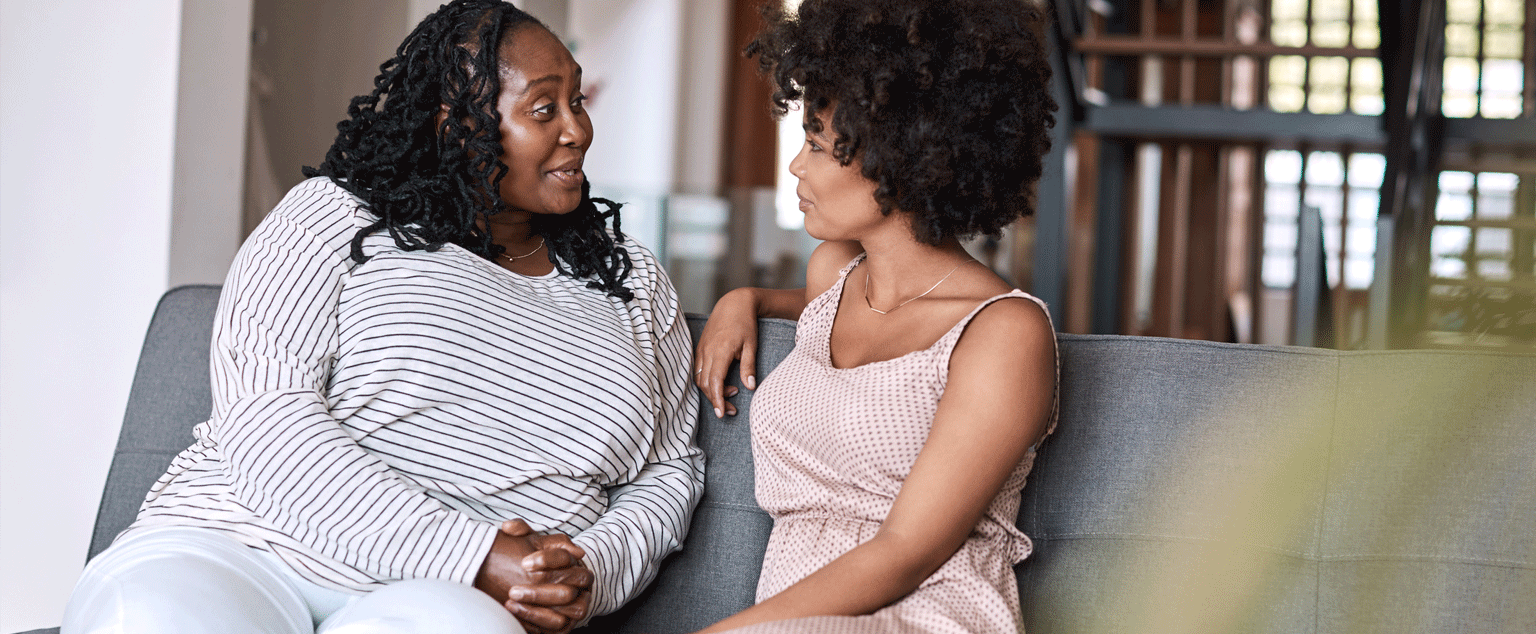Mothering my Mother: Our Changing Relationship Dynamic

Living with and caring for her elderly mother, Lily shares how their relationship has changed since she became the adult in the relationship.
My mum, Cora, has always been strong-willed, confident and audacious. She taught me to cross roads by saying, 'we can make it, run!' and she taught her granddaughter to befriend strangers on the bus instead of shying away from them. She had the strength to divorce my father on her own terms when it became obvious the relationship was failing. Over the course of my life, I've watched her with equal parts admiration and alarm.
My mum is 93 now and for the last three years, I've been her official carer. For the last two, I've watched as the balance of our relationship shifted from her being the adult with all the answers to me being the one 'in charge'. I've always been the introvert to her rebel, so it's an uncomfortable feeling for both of us to let me take the reins.
Mum lives next door in a separate house but with a connecting door. While she is able to take care of the basics, such as washing and dressing herself, I do have to cook and clean for her, drive her to her appointments and take her out.
The practical side of caring is fairly easy for me. The challenging part is the painful decline in her mental capabilities. Around half the time, she's completely with it, hindered only by poor hearing. The other half, she forgets what she's doing, where she is or where she's going. I try to help her the best I can but the headstrong part of her still insists, in her moments of clarity, that she'll be just fine without my help.
My mum isn't my child, so I don't feel like I have the authority to tell her outright what to do. It's a tricky thing, balancing your tone between instructive/helpful, guiding/bossy, paternal/patronising.
I'm definitely not an expert in caregiving, but I've found that tapping into my motherly side helps. Instead of arguing back when I know my mum is wrong about something, I listen - just as I used to listen when my daughter would cry about boys who were never worth her time. When my mum gets confused, I ask gentle questions to help guide her mind back to the present. As I used to remind my daughter to pack her lunch for school, I remind my mum to take her walking stick and phone when she goes to the hairdresser. It's a careful dance of supporting her needs while still respecting that she is an adult.
It's been hard, but I'm trying to show love to my mum even on her worst days, because I know that one day might be the last. I'm also dealing with a sense of loss - even though she's still with us - mourning the aspects of her brilliant personality that aren't there anymore. Looking after my mum, I make important decisions every day. Sometimes that's deciding to step in and sometimes, it's deciding not to kick up a fuss, and to let things go, just like when my daughter was growing up.
My mum still tries to run and beat the traffic when crossing the road, but I'm now there to hold her back. She still strikes up conversations with strangers. That's okay.
Further Support:
Age UK
Helping Hands
Chosen with Care





